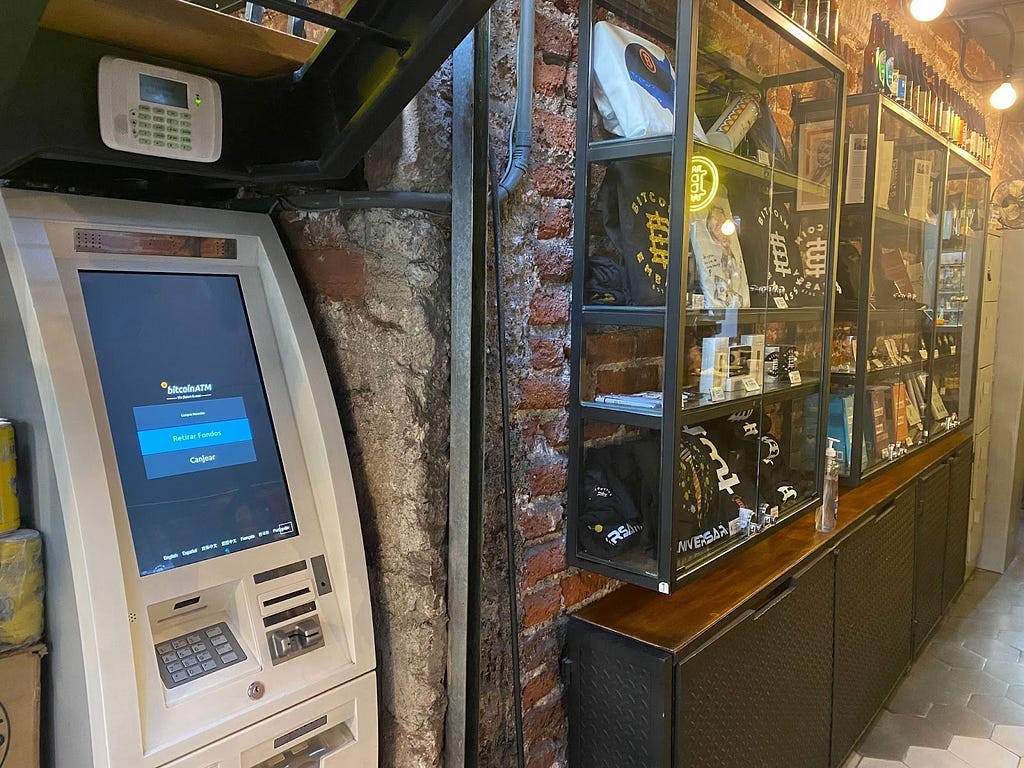A Few Red Flags Will Help You Spot an MLM Scam
What defines a MLM? , Of all the home business startup options, the most feared and misunderstood is network marketing or MLM (multilevel marketing). The reality is direct sales (of which networking marketing and MLM are a part of) is a viable way to start a home business quickly and affordably. But like all other facets of life, there are shysters and it’s up to you to research and do your due diligence when investigating an opportunity.What defines a MLM?
What Is MLM?
Multi-level marketing, sometimes referred to as pyramid selling or a pyramid scheme in some cases, is a marketing strategy aimed at selling products or services where a non-salaried workforce provides the revenue. Rather than selling products to consumers, the products are presented as a business opportunity that the purchasers would then sell to another group of people on the same premise, and so on. Relationship referrals and word-of-mouth marketing are a big part of MLM.
top 10 business books
Before signing on the dotted line to start a home business with a direct sales company, make sure you can spot these 10 warning signs of an MLM scheme.What defines a MLM?
1. No or Low-Quality Product or Service
There are many red flags that should warn you away from a business or financial opportunity, but the biggest is a lack of a product. Programs that push recruiting over the sales of a product or service might be a pyramid scheme. If a company isn’t focused on acquiring more customers to buy its products, but rather it’s interested entirely in “building a team” or membership of sales reps, consider it a red flag.What defines a MLM?
The foundation of any good MLM business is about getting products and service to end consumers. While building a team can be a part of that, income is based on goods sold by the team, not in the recruiting itself.

2. Outrageous and Unfounded Product Claims
Wild claims is seen most in health and wellness companies in which reps boast that their products cure ailments or work miracles. Outlandish hype is a red flag in any industry, including direct sales.
A successful business is founded on quality products. If the company you’re considering joining has bizarre products or products that seem too good to be true, use caution. The last thing you want your name tied to is a faulty product or a product which is the focus of litigation.
3. High-Pressure Sales Tactics
The most common high-pressure tactic is the lure of getting in on the ground floor. But in direct sales, a good opportunity is a good opportunity no matter when you get in. In fact, you’re safer to go with a company that has been around for more than five years (the longer the better) than a start-up.
Any effort a representative makes to prevent you from studying the company, talking to others, or “sleeping on it” isn’t someone you want to work with.
4. Pressure to Buy and Stock Inventory
All MLM businesses will have some start-up costs. You can’t buy a McDonalds without investing money, and the same is true for direct sales, although it is much less expensive.
What you want to watch out for are fee-based “fast track” programs or pressure to have inventory that requires additional investment. Due to this practice, the law now requires MLM companies to buy back inventory, but that doesn’t mean you want to be saddled with debt before you start and truly understand the business.1
Having a few popular products on hand can be nice, but don’t fill your garage with products unless you know for sure, based on your experience in the business, that you can sell them.
5. Poor Company Communication
Don’t be afraid to ask hard questions. If you don’t get solid answers or are chastised for not being a positive thinker or believing in the company, consider it a red flag.
In order to be successful at any business, you need strong support and solid training. The law requires MLM companies give you a slew of information, details about the compensation plan, and financial information about average income earned by reps.2 Study this and ask questions. If the rep is hesitant to answer your questions or glosses over your concerns, he’s not someone to work with. A legitimate company wants you to be informed
6. Expensive On-Going Training or Other Business Items
Some Amway reps got into a bit of hot water for the sales of tapes they (the reps) created and sold. Most representative teams and the companies have free training either locally and/or online. While they may also have additional training (i.e., audio or videos) that you can buy, there shouldn’t be pressure to do so.
Further, most companies have an annual convention, which can be fun and informative, but expensive to attend. If a company routinely pressures you to pay for training this is another red flag.
7. Poor Better Business Bureau Rating
Truthfully, this is a difficult marker because the BBB routinely marks home business opportunities low simply because they’re involved in working at home, not based on any investigation. However, you can see if there are complaints and how the company dealt with them. If a company is responding to and fixing problems (all companies in every industry will have customer service issues), that’s a good sign. However, if they fail to respond or offer help, that is a red flag.
8. Deceptive Advertising Practices
Some MLM reps will promote their business as a “job” or use other descriptions to lure prospects. MLM isn’t a job, it’s a business. Any MLM rep promoting “employment” is using deception and isn’t someone you want to work with.
Other deceptive (and often illegal) practices include making income guarantees or suggesting you’ll make money doing very little work.
9. Cryptic “Job” Interview
Another issue that Amway and other companies were dinged for was how reps would lure people into coming to a “meeting” to hear how they could “leverage time and money.” Many reps and companies know people are leery of and have many misconceived notions about MLM, so they use deception to get prospects to hear their spiel.
However, many legitimate companies, working to safeguard their brand, don’t allow reps to advertise their name. This practice means reps have to find a way to entice people to learn about them without saying the company name, which can seem suspicious.
The important thing for you to remember is to follow your gut feeling. Good reps from legitimate companies that are prevented from using a company name in promotions are usually able to provide some idea about the business, including the company name, when talking to you in person or on the phone, and are clear that it is a business. Anything else should be suspect.
10. Unsettling Feeling
Mindy Lilyquist, a home business expert who was once scammed by an MLM, said she had a bad feeling about the business right away.
“From day one, I failed to acknowledge the biggest sign that something wasn’t right – my gut,” she said. “I felt unsettled from the moment I walked into my so-called interview to the moment I no longer had ties with the company. In further hindsight, the other representatives also displayed unease.”
The lesson here is to not dismiss your intuition. If it doesn’t feel right, scam or not, it’s not for you. If you feel coerced or conned, then it’s definitely not for you.
Other Things to Consider
While some of these 10 items are flags of a scam, some, such as unsettled feeling, aren’t necessarily a scam but are an indication that the home business opportunity isn’t for you. You can avoid a lot of mistakes and build a successful direct sales business by investigating the company, choosing a product or service you can get behind, and having a belief in the product, company, and system . What defines a MLM?
If it’s too late, and you think you’ve been scammed, there are some things you can try to get your money back, including contacting your bank and reporting the business to the secretary of state in the state the company’s home office is located. You can also file a complaint with the Federal Trade Commission. What defines a MLM?

















